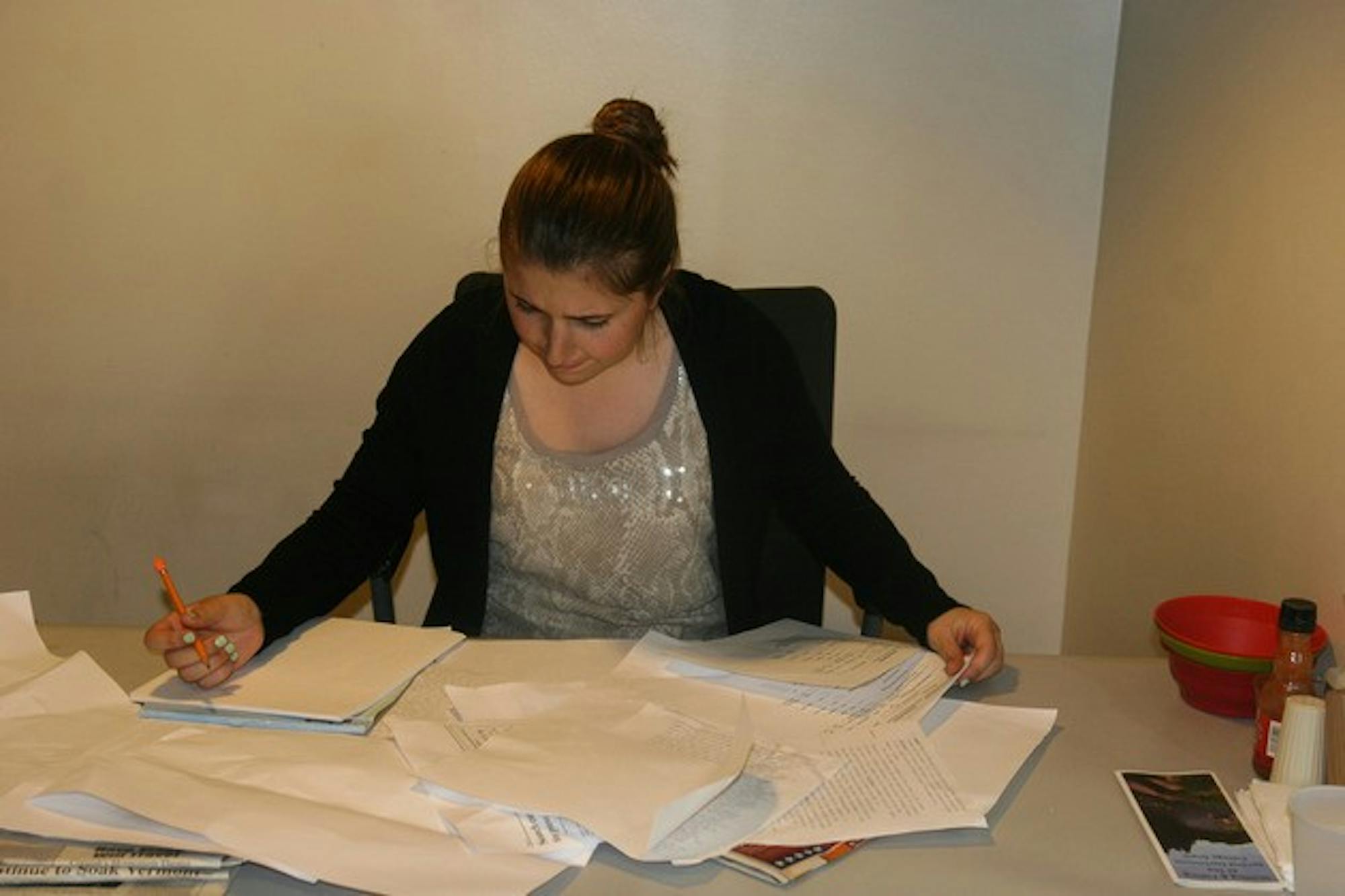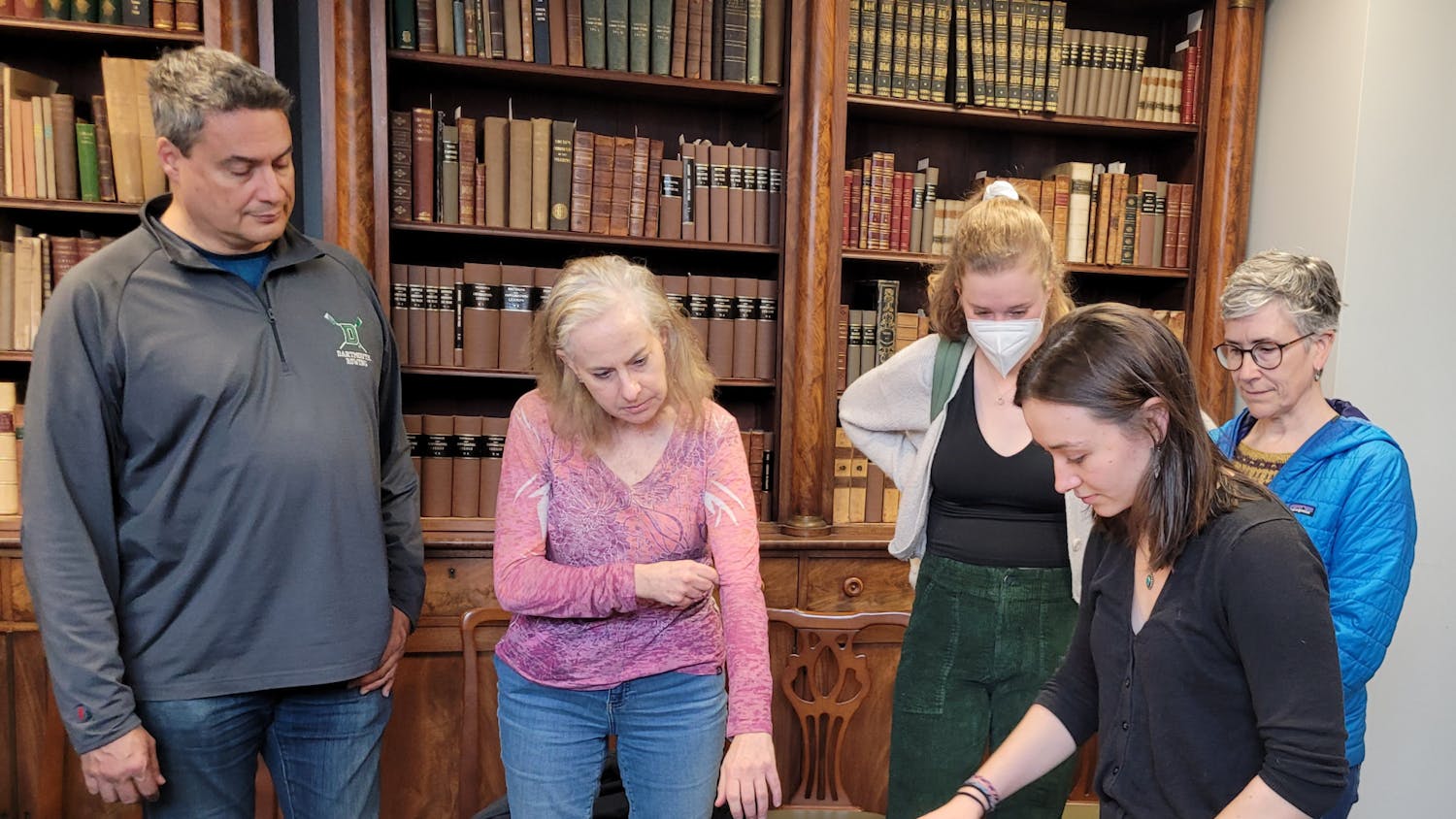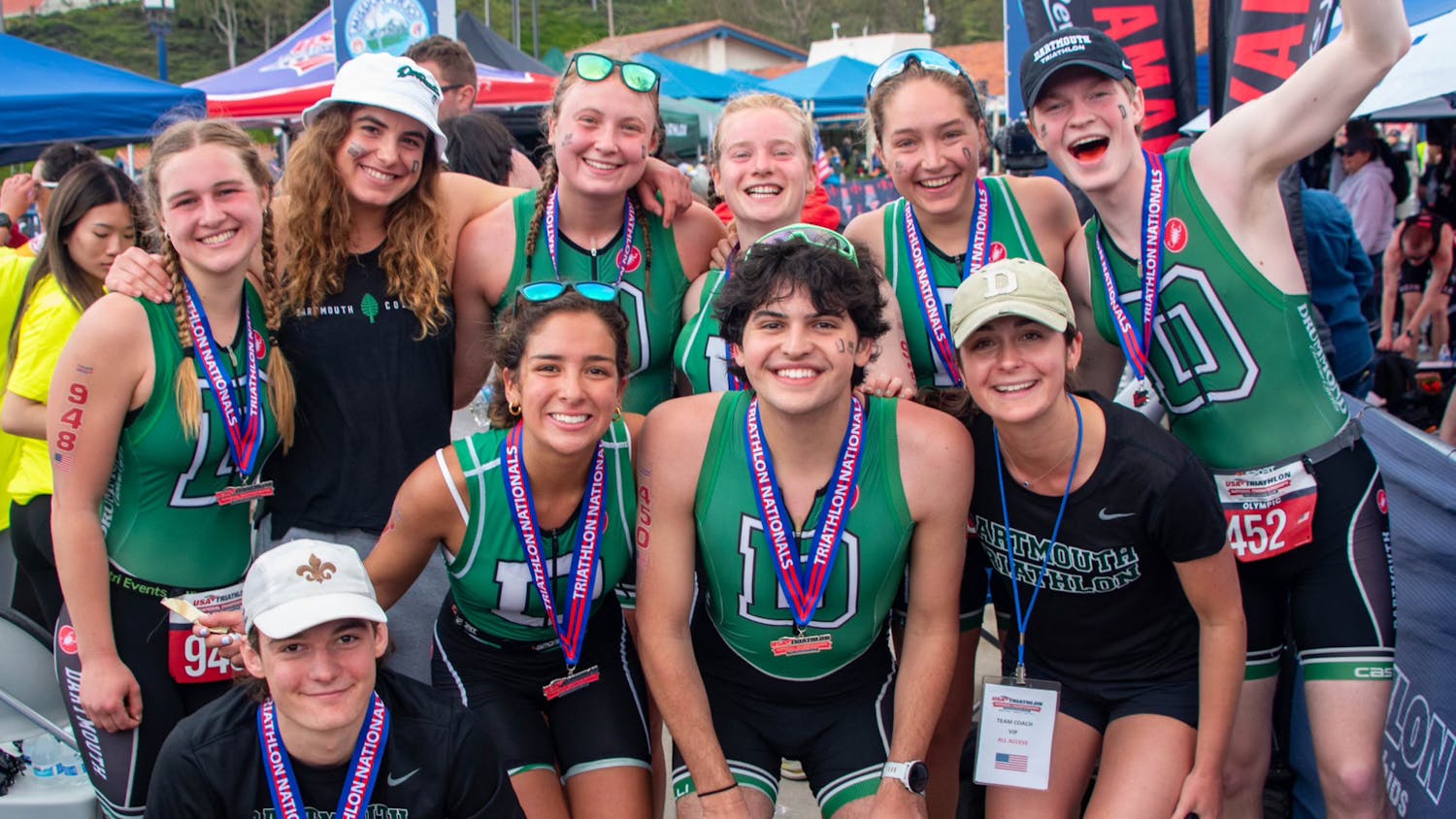If any of this sounds like a memoir of your unpaid internship, chances are you've heard about the recent controversy on the matter. For those of you too busy filling out Excel spread sheets to keep up with current events, here's a brief summary:
Eric Glatt, a middle-aged unemployed New Yorker seeking a job in the entertainment industry, landed an unpaid internship on the set of Fox Searchlight Pictures' "Black Swan." After hundreds of hours of essential "grunt work" making photo copies, taking lunch orders and answering phones he filed suit against Fox for violating wage laws. Since then, many unpaid interns have faced off and won against their parent companies in court, forcing private employers across the nation to reinvent or even phase out their unpaid internship programs.
Historically, Dartmouth students have been particularly good at returning from their off-terms with some cash in their pockets to complement the experience under their belts. Nevertheless, their unpaid counterparts have nothing but glowing praise for their internship experiences.
Fermin Liu Ku '15, who interned for Voice 4 Girls, a non-governmental organization based in India, said that the value of his experience could not be measured in dollars and cents.
"Everyone above me' at VOICE treated me as an equal," Liu Ku said. "It's not the money. It's whether or not the organization can bring someone on and make them feel a part of a team."
Adrian Ferrari '14, a former intern at the White House Office of Public Engagement, explained that unpaid internships allow students to focus on pursuing their passions rather than making a quick buck.
"If [the work] is what brings meaning and fulfillment to my life, then this is the time to be doing it," he said.
This philosophy has been the driving force behind the creation of countless programs that award grants to students to pursuing internships in a field that excites them. The science is simple if finances are taken out of the equation, students are free to choose an internship that best suits their interests and capabilities.
"Having my parents' and Dartmouth's financial support, I would rather choose an internship to cultivate my interests and prepare me for when I'm out of college than one that pays but isn't in line with what I want to do," Liu Ku said.
Brendan Goldrick '15, who completed an internship through the Rockefeller Center's First-Year Fellows program as a programs and management intern for the Department of Education, said he was thankful to have been given those resources.
"Rocky's generosity and the fact that I loved my internship made [working for free] worth it," Goldrick said. "Without a paycheck it really is about the experience. It might help you focus more on what you're learning and make you more reflective rather than going to work everyday for the grind."
That said, Goldrick, along with nearly every student we spoke to, recognized the harsh realities of working for free and expressed a desire for a paid internship in the future.
"I wouldn't recommend an unpaid internship in a city that's expensive to live in where you're just going to get a resume-builder out of it," Goldrick said.
When asked if they would have worked harder were there wages, almost every student confidently said yes.
"With an unpaid internship, you just work less. I think getting paid to do something makes a difference," said Jessica Venturino '15, who interned for free at Craig Scott Capital in the sales department.
Signe Taylor, a documentary filmmaker who employs almost a dozen paid and unpaid interns, said that Dartmouth students who interned for her demonstrated the same quality of work ethic regardless of whether they were paid or not.
"I've had fabulous interns, all of them are dedicated and hardworking and resourceful," Taylor said. "I feel like Dartmouth students can rise to the challenge."
Like many students, however, Taylor conceded that there is a difference between an unpaid internship for a non-profit organization and one for a private corporation.
"Non-profits need volunteer labor to survive," Taylor said. "I don't think Fox needs volunteer labor to survive."
Liu Ku agreed with Taylor's sentiment. During his time in India, he was given the same responsibilities as any other volunteer.
"With my internship I did what any other employee would do," he said. "Working for non-profits is different every person they take on should be the best."
In the for-profit sector, however, an unpaid internship violates the federal minimum wage law if the company derives an "immediate advantage" from the intern's work without providing any educational value to the intern. It seems as though Dartmouth students are more than happy to accept unpaid internships as long as they gain tangible experience and feel that they are contributing to a greater good.
Rachel Hein '15, who worked for the San Francisco Department of Public Health, felt that her "grunt work" served a higher purpose.
"The work I was doing was tedious, but the work that everyone was doing was tedious," she said. "I never got coffee or felt exploited or taken advantage of. I felt they were happy to have me there to help out where I could."
Ferrari acknowledged "grunt work" as a necessary casualty of the learning process.
"The thing about being on top of the repetitive tasks is that then you get asked to do other stuff," he said. "If you do the grunt work well enough, it opens up more doors."
Guiding students' optimism toward unpaid internships is the realization that internship opportunities are just that opportunities. They are ways in which our society has allowed students to get a glimpse of the careers that most move them, and to bash such a privilege can feel ungrateful. Unlike Eric Glatt and the dozens of interns who have come forward to file suit against their employers, many of us have yet to face the rent-paying, family-feeding, reality of adult life, and we're perfectly happy with our chance to explore diverse fields before we have to.




